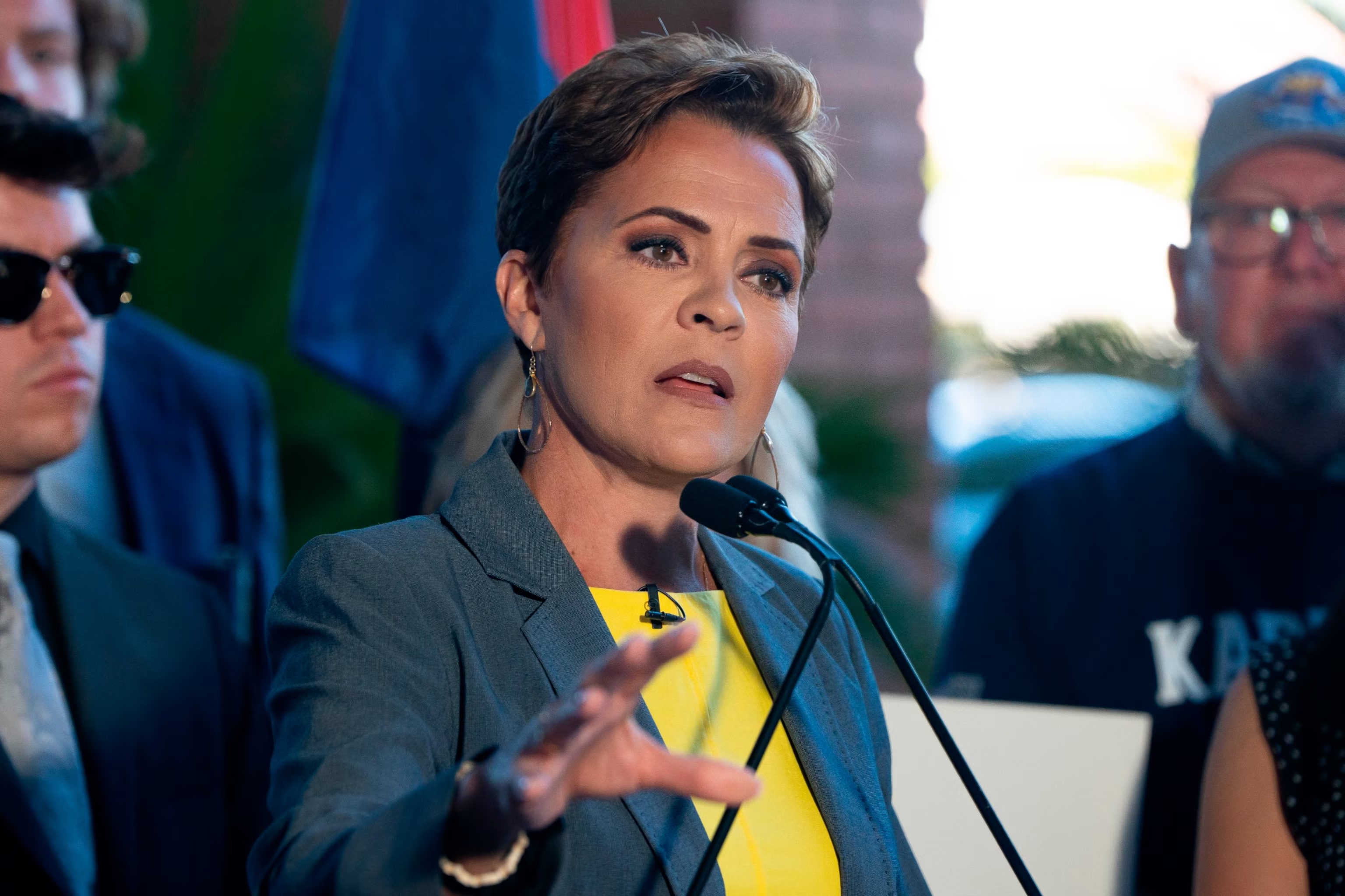The Arizona Supreme Court’s recent ruling enforcing a 160-year-old near-total abortion ban stirred immediate controversy, particularly as Republican Senate candidate Kari Lake swiftly denounced the decision as out of touch with Arizonans.
Lake, a Republican known for her conspiracy theories, seems to be strategically repositioning herself to appeal to a broader base, likely in a bid to avoid repeating her past electoral setbacks. Notably, reports indicate Lake’s outreach to state lawmakers advocating for the repeal of the antiquated abortion ban, alongside her recent social media video seemingly expressing support for reproductive rights.
Lake’s political maneuvers reflect a calculated effort to distance herself from her previously extreme positions, which contributed to her narrow loss in the gubernatorial race two years prior. With a proposed constitutional amendment on reproductive rights looming in the upcoming elections, Lake appears cognizant of the importance of appealing to a wider electorate, including abortion rights advocates poised to mobilize in significant numbers.

Kari Lake Pushes to Undo Abortion Ban She Once Supported (Credits: ABC News)
While political turnarounds are not unprecedented, Lake’s recent shift is remarkable given her staunch support for the 1864 abortion ban in 2022, where she explicitly endorsed it as “a great law on the books.” Attempts by her campaign to distance her current stance from past statements, citing a different law number, appear unconvincing, considering her specific reference to the 1864 law in previous endorsements.
The pertinent question now revolves around the rationale behind Lake’s abrupt reversal. Instead of debating her current stance on the old abortion ban, scrutiny focuses on understanding the motivations prompting her change of heart, particularly in light of her consistent public endorsements of the ban during her gubernatorial candidacy.
In essence, Lake’s recent actions highlight the complex interplay between political expediency and ideological consistency in electoral campaigns. Her strategic recalibration underscores the significance of reproductive rights issues in contemporary politics and the challenges faced by candidates seeking to navigate shifting public sentiments while maintaining credibility and authenticity.























